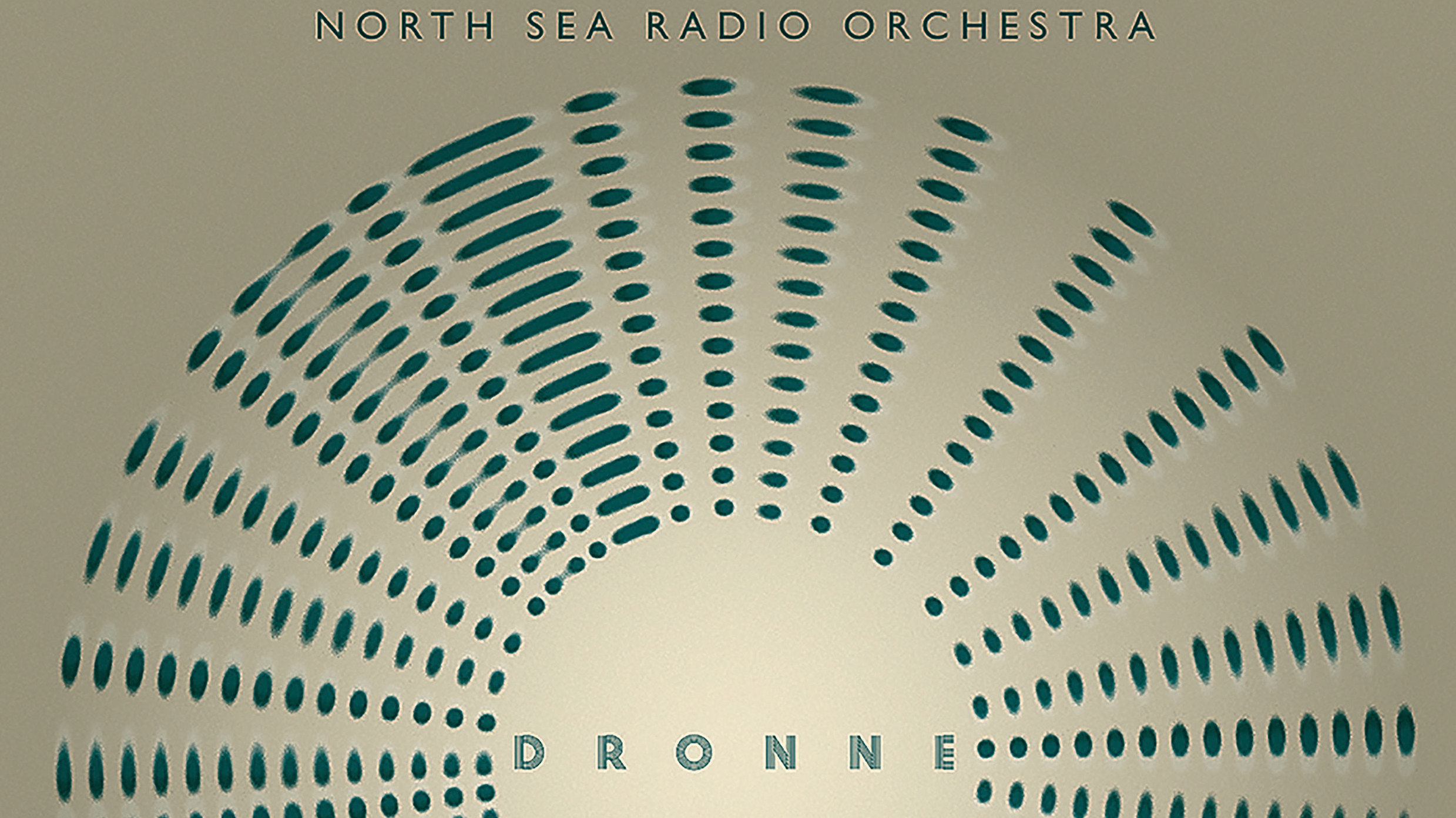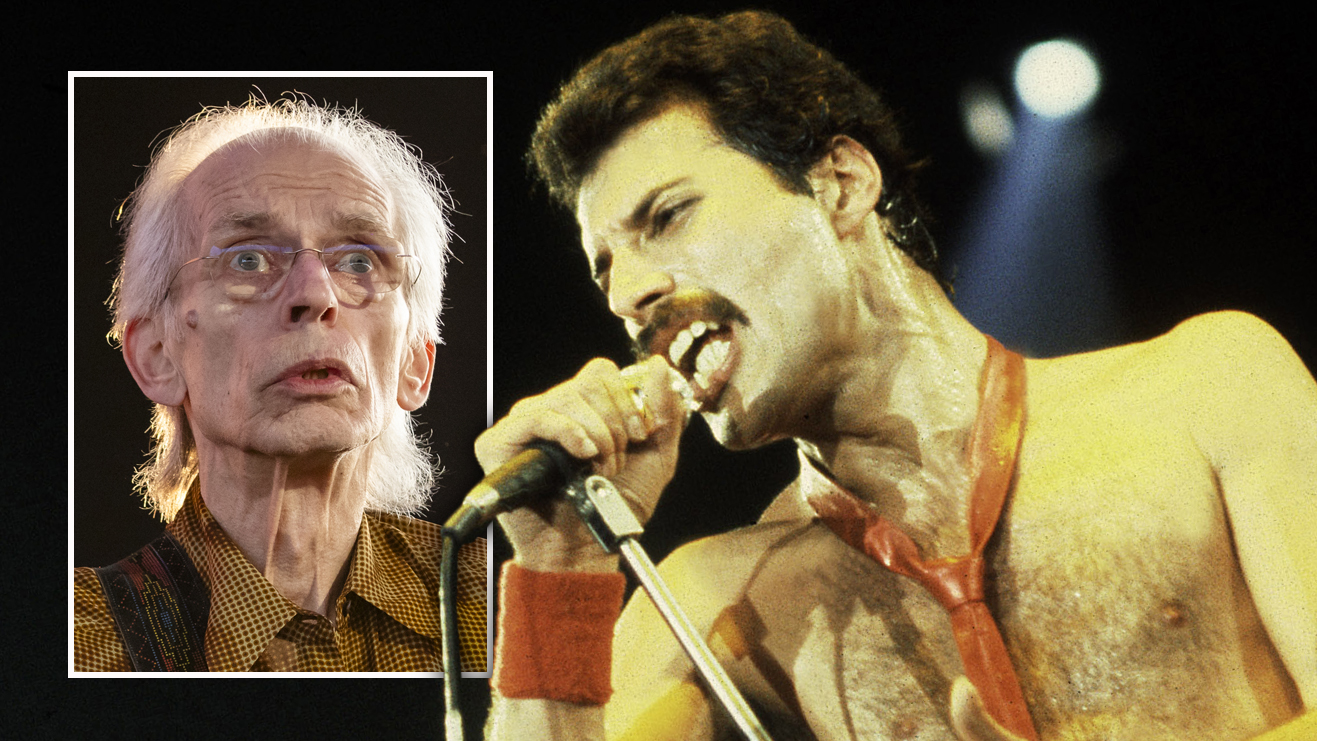You can trust Louder
NSRO leader Craig Fortnam recently arranged a set of Robert Wyatt’s compositions for performance by the group at the Nuits De Fourviere Festival in Lyon and has included a studio recording their cover of Wyatt’s The British Road (from 1985’s Old Rottenhat) here. His instrumental voicings of bassoon, strings, tuned percussion, and harmony vocals with spouse Sharron Fortnam, are sympathetic, but give it the trademark NSRO stamp and quite a different, fleshed-out feel to Wyatt’s more sparsely arranged original.
A particularly inspired of mix of Britten, sea shanties and kraut.
The beauty of NSRO’s music is that it feels like a core sample drilled down through the last few hundred years of music, revealing traces of Purcell, Victorian parlour music, Britten, sea shanties, and krautrock. This blend of ancient and modern was reflected more overtly on their previous album I A Moon, but their flowing – if occasionally knotty – music sounds particularly inspired on Dronne.
Vishnu Schist starts with the ticking of a rhythm box, Fortnam’s guitar picking, and Sharon Fortnam’s voice soaring free. Here the strings have a slightly Eastern edge and wind around the sinuous bassoon and clarinet lines in a joyous upwelling of sound, all of which is topped off by see-sawing keyboard arpeggios. This feel is carried on through Queen Of All The Day And Night, which, with its intricate guitar, tinkling percussion and hand drums, and Sharron Fortnam’s pure tones, reminds of the stately poise of Pentangle. The strings hint at both Purcell’s ethereal fantasias for viols and Bollywood glissandi.
Although Fortnam is the composer and arranger of NSRO’s music, working on the Wyatt material made him more aware of the way that the spontaneity and improvisation within Wyatt’s music could help inform his own more formal compositions. This is most apparent on the title track, which carries on the more psychedelic and kosmische flavours of Berliner Luft from I A Moon. The piece is basically a mantric, eight-minute improvisation around two chords, gently ushered in by echoed synth lines that remind of the way Tim Blake played his ‘Crystal Machine’ in Gong. This is accompanied by a constant tinkling of small bells and reinforced by some deep keyboard notes, then towards the end a string ensemble comes in to lift it all that bit higher.
There is a sense of improvisation in the two part instrumental Dinosaurus Rex, which starts with a good humoured, jig-like tune that broadly reminds of prog medievalists Gryphon. Part 2 is woven from the same musical material, but has a shadowy, more sombre mood and a contemplative guitar coda brings the album to a close.
THE CANTERBURY SCENE: Robert Wyatt
Sign up below to get the latest from Prog, plus exclusive special offers, direct to your inbox!
Mike Barnes is the author of Captain Beefheart - The Biography (Omnibus Press, 2011) and A New Day Yesterday: UK Progressive Rock & the 1970s (2020). He was a regular contributor to Select magazine and his work regularly appears in Prog, Mojo and Wire. He also plays the drums.


